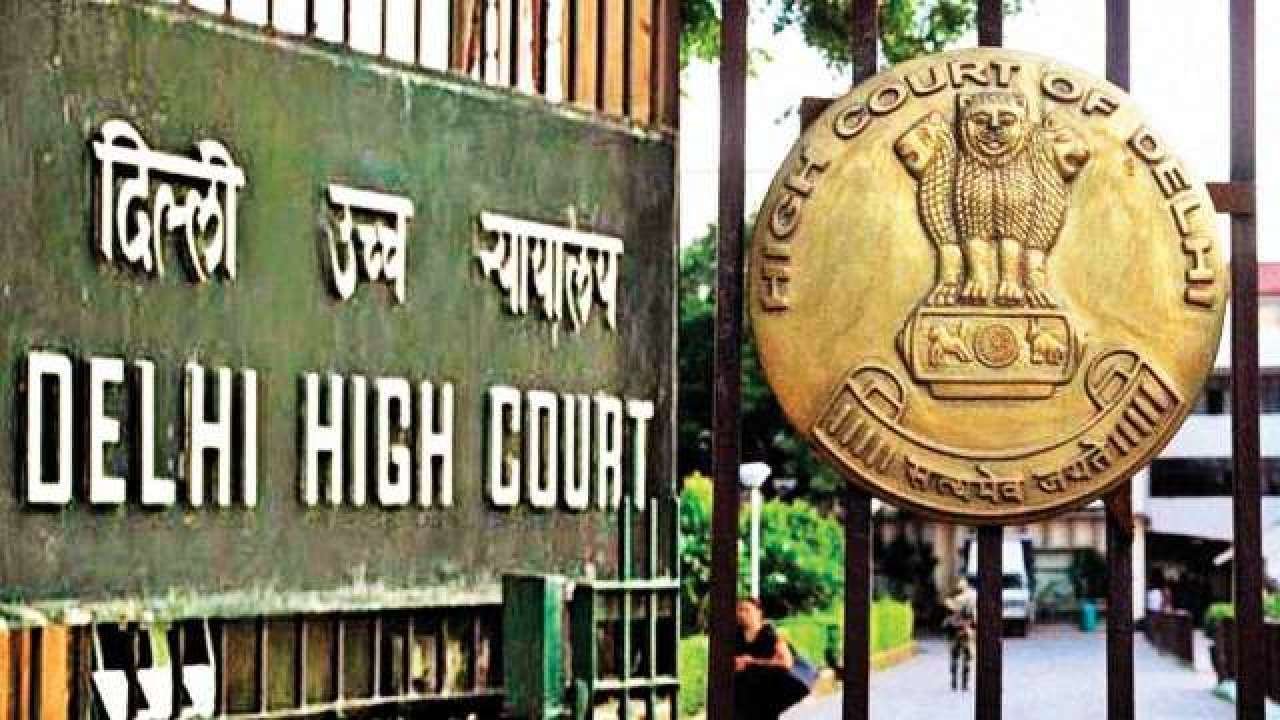The High Court rejected the argument that the use of the expression ‘Central Government’ gives the impression that State governments are subordinate to the Union Government.
The Delhi High Court, in a pivotal judgment, affirmed that the essence of federalism, a core aspect of the Indian Constitution, remains unaltered irrespective of whether the term ‘Central Government’ is used instead of ‘Union Government.’ The division bench, consisting of Justice Mini Pushkarna and Acting Chief Justice Manmohan, dismissed the contention that the phrase “central government” wrongly implies a hierarchical relationship with state governments being subordinate to the Union government. The Court emphasized, “The federal structure is a foundational attribute of our Constitution, and the terminology ‘central government’ in no way detracts from or violates this principle. It is imperative to recognize that our governance system is firmly rooted in the Constitution’s fundamental framework.”
This clarification was made while the Court was adjudicating a public interest litigation (PIL) petition filed by Atmaram Saraogi, an 84-year-old social activist. The PIL sought to replace ‘Central Government’ with ‘Union Government’ in all official documents, laws, and legislations, challenging the General Clauses Act’s definition of central government as exceeding constitutional limits. Saraogi argued that the Constitution establishes India as a ‘Union of States,’ rendering the colonial-era term ‘Central Government’ redundant.
However, the High Court, in its detailed order dated December 19, pointed out that the Constitution interchangeably uses ‘Union,’ ‘Union of India,’ ‘Government of India,’ and ‘Central Government’ in various contexts. Particularly, Article 300 of the Constitution, which allows the ‘Government of India’ to initiate or be subject to legal proceedings on behalf of the ‘Union of India,’ reinforces this usage. The Court stated, “The interchangeable use of ‘Central Government,’ ‘Government of India,’ and ‘Union of India’ in the Constitution and other statutes is a testament to the diverse nomenclature employed for the nation’s government.”
The Court also referred to the General Clauses Act of 1897, which defines ‘Central Government’ as synonymous with the ‘Government of India’ or the ‘Union of India.’ The Court concluded, “Given the extensive use of these terms in various statutes, it is clear that the legislature intended them to refer to the nation’s government. Therefore, judicial intervention in legislative terminology is beyond our purview.”
The petition was ultimately dismissed by the Court, with Senior Advocate DN Goburdan and Advocates Hemant Raj Phalpher and Shivam Pundhir representing the petitioner, and Central Government Standing Counsel (CGSC) Kirtiman Singh, along with attorneys Waize Ali Noor and Shreya V Mehra, defending the Union of India.



